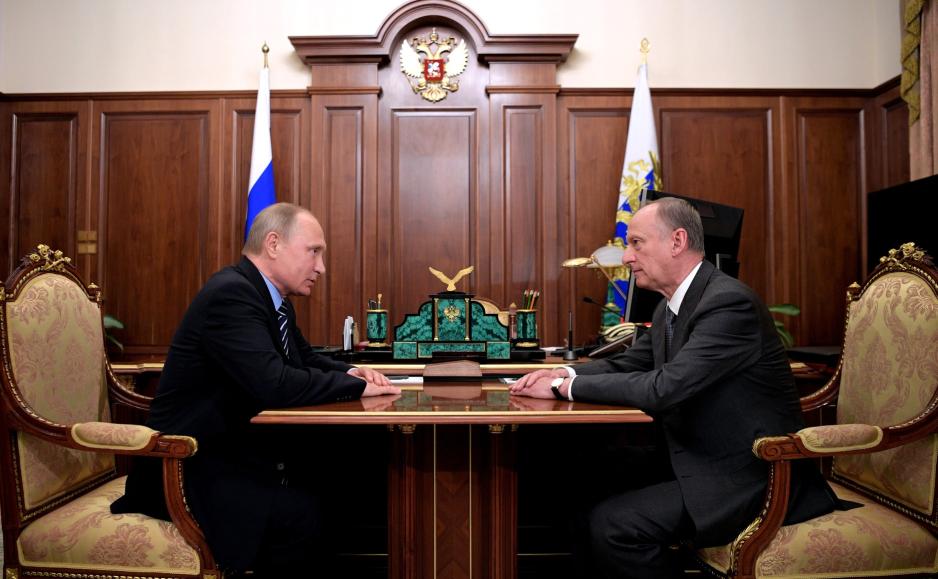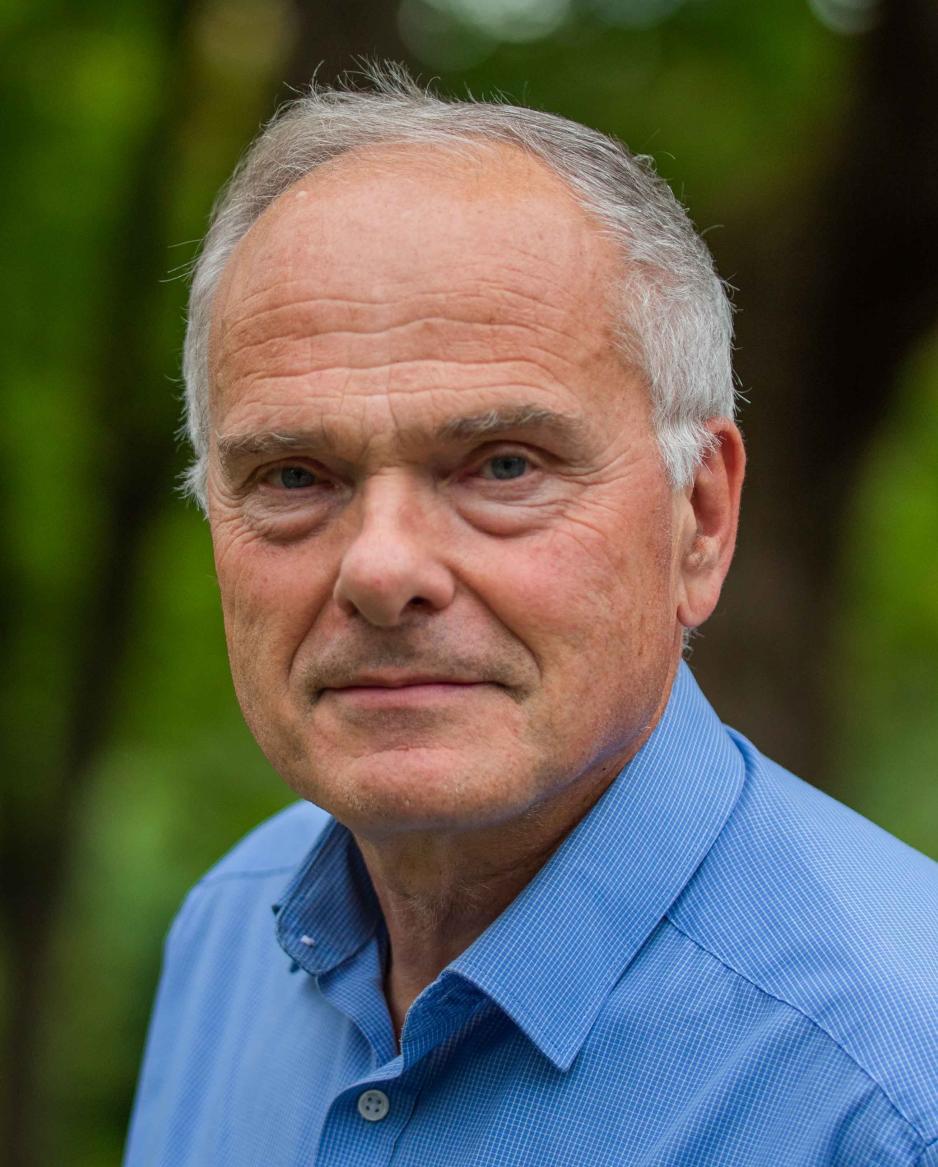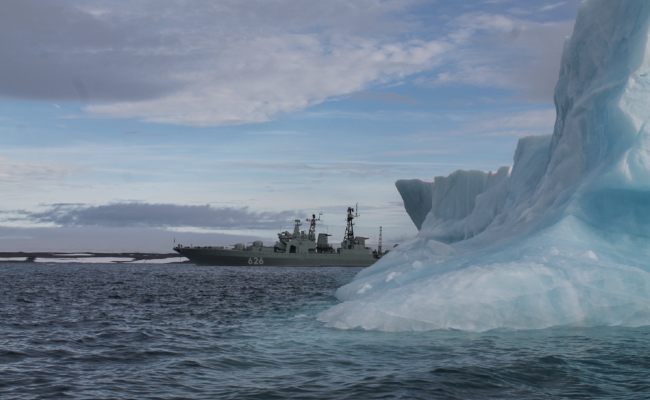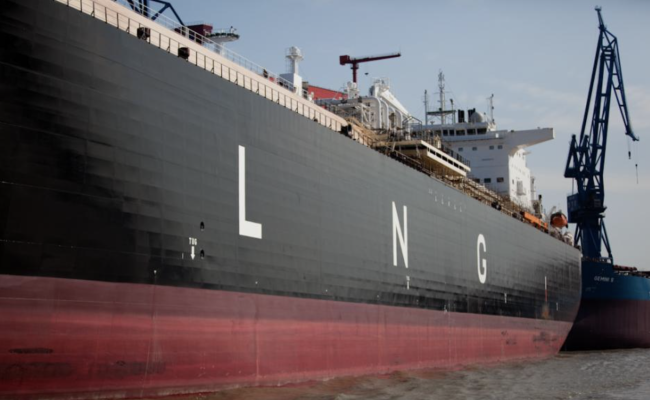New Government Body to Secure Russia's Interests in the Arctic

Russian President Vladimir Putin and his longtime close associate and now aide, Nikolai Patrushev. (Photo: Kremlin)
Russian President Vladimir Putin recently established a maritime collegium to protect Russia's interests in the Arctic, among other things. He appointed his close advisor, Nikolai Patrushev, as its leader. This is mainly about giving Patrushev a formal role in Russian Arctic policy, believes a senior researcher at the Fridtjof Nansen Institute.
On Tuesday last week, Russia's President Vladimir Putin signed a decree establishing a maritime collegium. The overarching aim is to improve efficiency in implementing the country's maritime policy, the document says.
The collegium will include a council for the strategic development of the Russian Navy, a council to secure national interests in the Arctic, and a council to develop and support the country's maritime activities.
The collegium's tasks include strengthening Russian defense and security in the world's oceans, developing the Northern Sea Route as a national transport vein with access to global shipping routes, preventing marine pollution, and preserving biodiversity. That is reported by the Russian state-owned news agency TASS.
Nikolai Petrushev, former longtime secretary of the Security Council of Russia and now presidential aide, will lead the new body.
The collegium consists of 52 members in total, including heads of the ministries for industry and trade, transport, agriculture, and education and science. The list of members also includes leaders of littoral regions, heads of the border guard in the Russian Federal Security Service (FSB) and the Main Directorate of the General Staff of the Russian Armed Forces, as well as CEOs of large shipbuilding companies.
Positioning
What significance does this measure from Putin hold?
"I believe this is largely about giving Nikolai Patrushev a formal position in which he could continue to influence Russia's Arctic policy," writes Arild Moe, Senior Researcher at the Fridtjof Nansen Institute (FNI), to High North News.

Senior Researcher Arild Moe at the Fridtjof Nansen Institute.
"Patrushev has had a special interest in the Arctic in all the years he was the secretary of the Security Council of Russia and has long wished to be considered the top authority within Arctic policy."
Moe refers to Patrushev leaving the aforementioned powerful position in May, as 'space was cleared' for Sergei Shoigu, who had been dismissed as minister of defense.
"I don't think the establishment of this new body will entail changes in policy. However, it could lead to a new internal competence dispute since Russia has gradually acquired several organs that will have coordinating functions in the Arctic," maintains the senior researcher and elaborates:
"Specifically, I am thinking about the interdepartmental Arctic Commission, but also the Ministry for the Development of the Russian Far East and Arctic. These are civilian bodies, but the maritime collegium is focused on security policy aspects. Still, it is clear that this is an overlap in practice."




